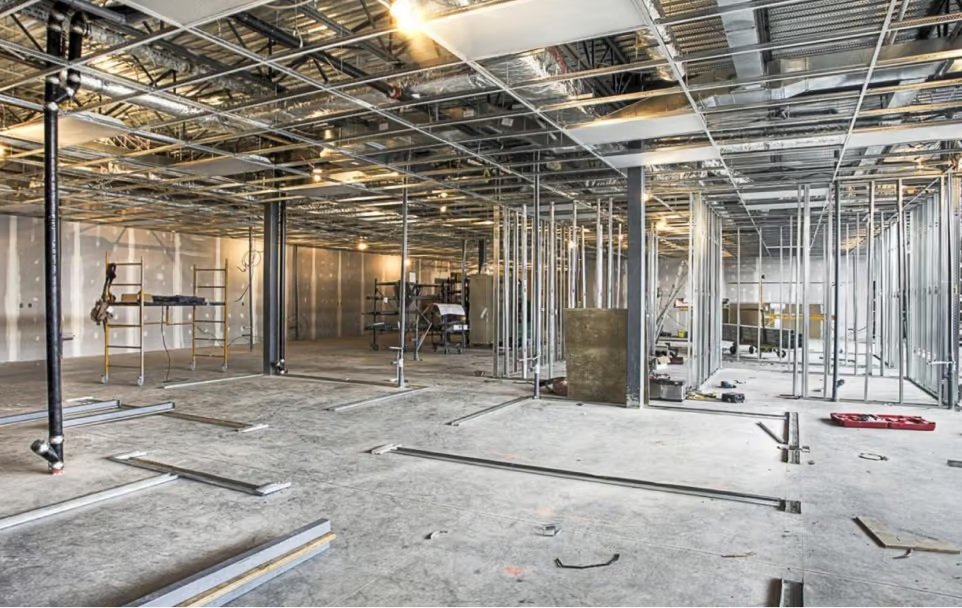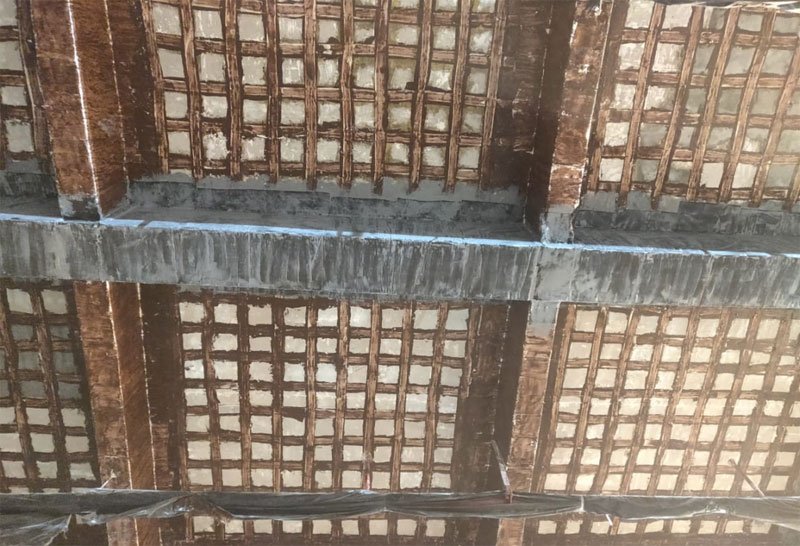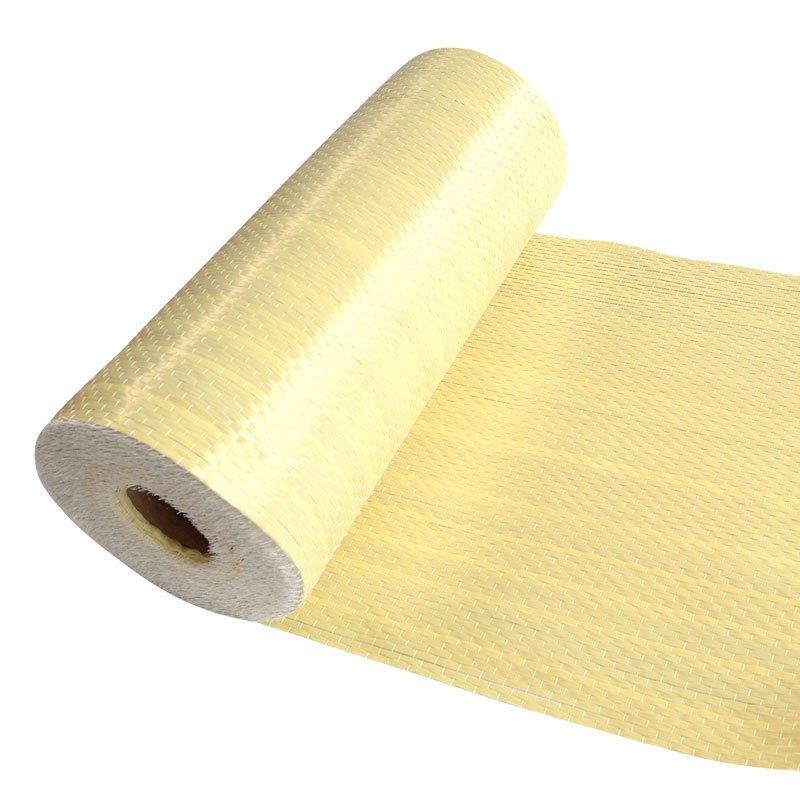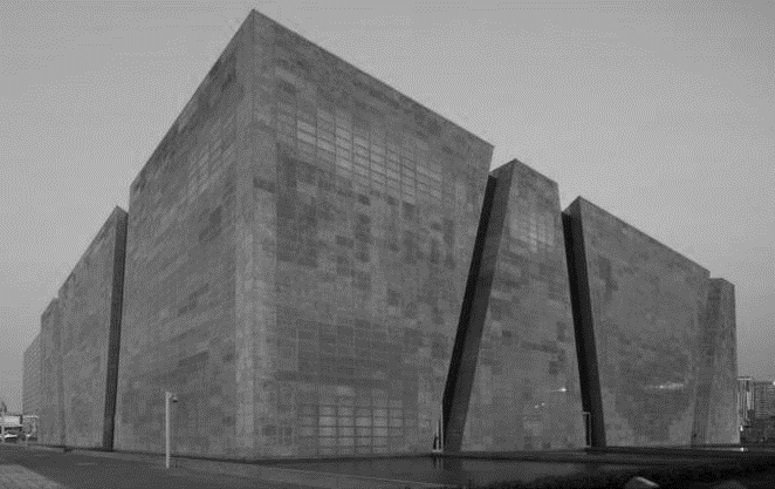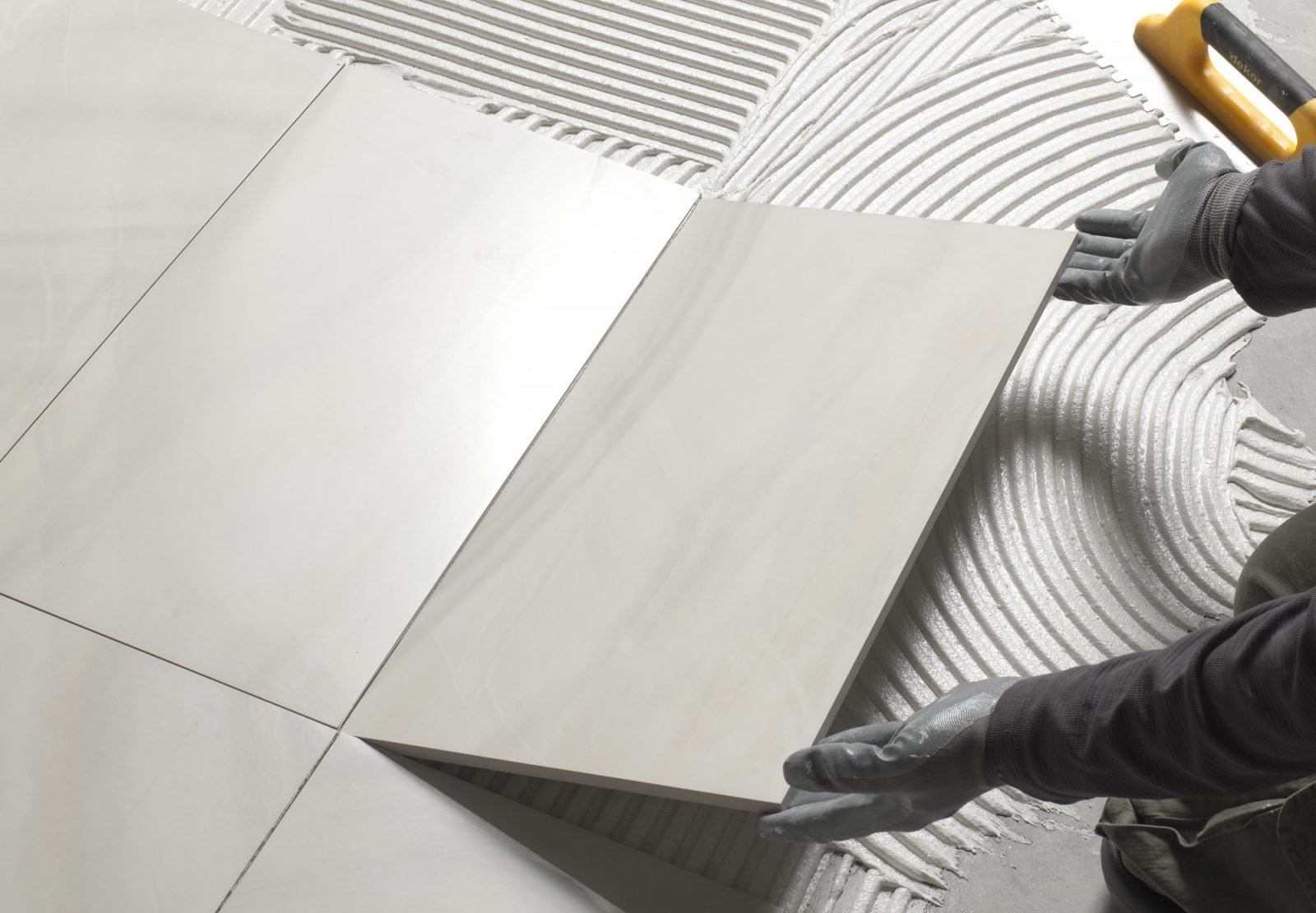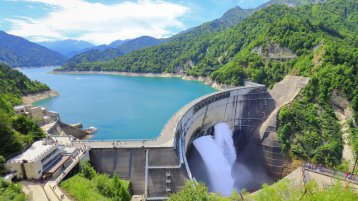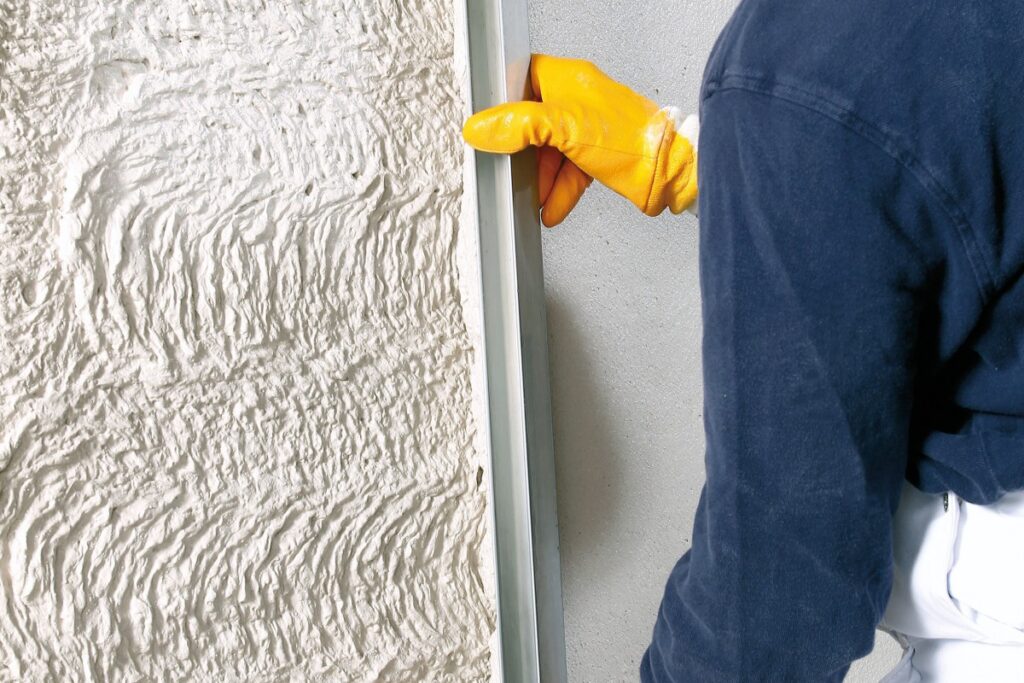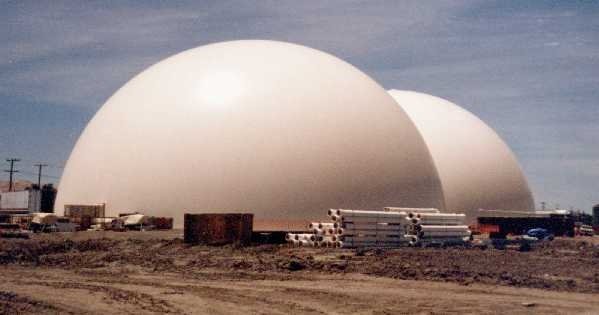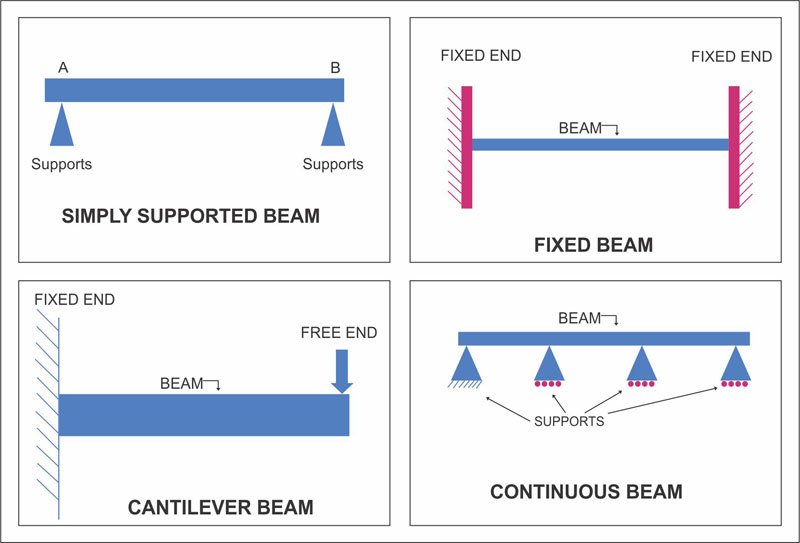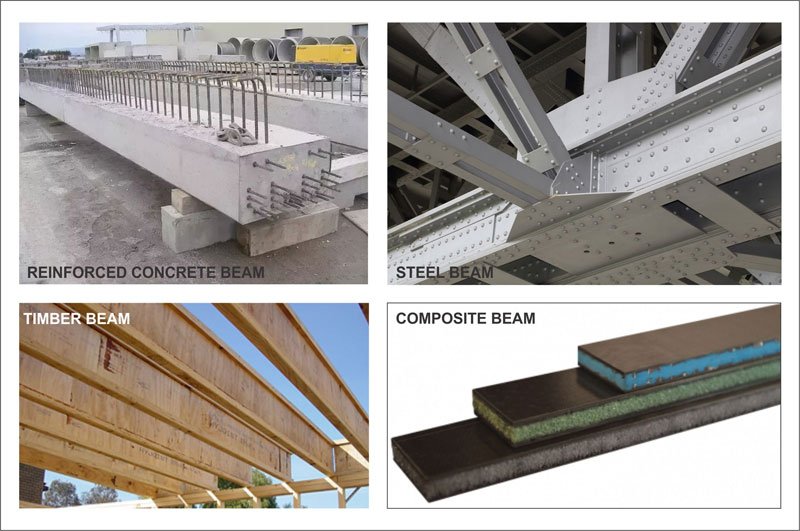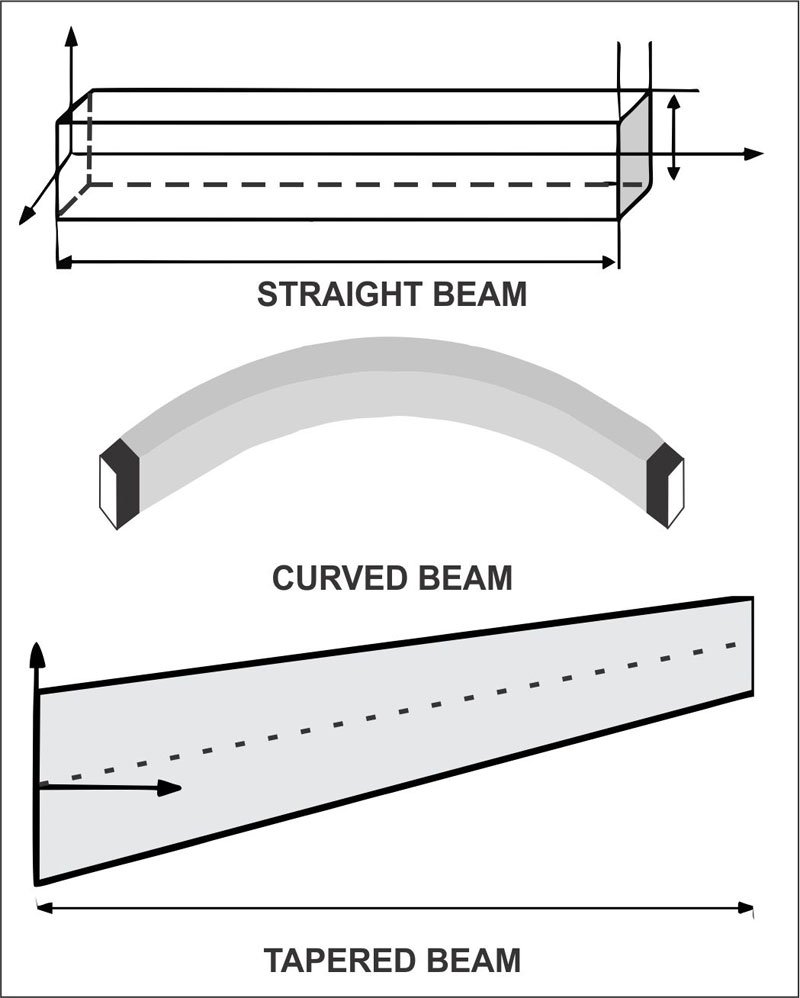Facilities management is a critical component in ensuring the smooth operation of any organization, yet it often goes unnoticed. In today’s fast-paced business environment, successful facilities management requires a strategic approach that integrates various elements to meet the unique needs of each organization.
This blog will guide you through the five key elements essential for an effective integrated facilities management strategy, including strategic planning, technology adoption, performance measurement, and continuous improvement. By understanding and implementing these components to optimize their hard facilities management services, ensuring efficiency and reliability.
As we explore these elements, we aim to inspire confidence and trust, showcasing our expertise in delivering impactful results for our clients.
1. Strategic Planning
Strategic planning is the foundation of any successful facilities management process. It involves setting long-term objectives aligned with the organization’s mission and vision, ensuring that facilities contribute to overarching business goals. The role of a facilities management company in this context is to assess current facilities operations and identify potential improvements that can enhance organizational efficiency. This forward-thinking approach helps businesses anticipate future needs, minimize disruptions, and stay ahead in a competitive environment.
Integrated facilities management companies excel at offering comprehensive solutions tailored to the strategic objectives of their clients. By adopting a holistic approach, these companies ensure a seamless integration of various management services, including hard facilities management services, within the broader organizational strategy. Such coherence not only optimizes resource allocation but also reinforces the organization’s commitment to sustainable business practices.
Moreover, strategic planning in facilities management encompasses risk management, budget allocation, and resource optimization. Facilities management companies work collaboratively with their clients to develop risk mitigation plans and ensure financial resources are judiciously utilized. By aligning facility operations with strategic planning, organizations can achieve a harmonious balance between operational needs and strategic ambitions, contributing to long-term business success.
2. Technology Adoption
The integration of advanced technology is transforming the landscape of facilities management, offering unprecedented opportunities for efficiency and innovation. A facilities management company that embraces technology can provide clients with cutting-edge solutions, enabling them to streamline operations and reduce costs. Technologies such as Internet of Things (IoT) devices, cloud-based platforms, and Building Information Modeling (BIM) are reshaping how facilities are managed, monitored, and maintained.
Integrated facilities management companies leverage these technological advancements to offer more effective and responsive services. For instance, hard facilities management services can benefit from predictive maintenance technologies that preempt equipment failures, thereby minimizing downtime. Additionally, data analytics tools empower facilities managers to make informed decisions, optimize performance, and enhance user experiences within the facility.
The adoption of technology also supports sustainability initiatives, as it enables better energy management and resource conservation. By utilizing smart sensors and energy management systems, facilities management companies can help organizations reduce their carbon footprint while realizing cost savings. Ultimately, embracing technology aligns facilities management with modern business imperatives, driving innovation and supporting organizational growth.
3. Performance Measurement
Performance measurement is a vital element in the facilities management cycle, providing insights into the effectiveness and efficiency of operations. By establishing Key Performance Indicators (KPIs) and performance metrics, facilities management companies can track and assess the value of their services. This data-driven approach helps identify areas of improvement and ensures accountability, fostering a culture of continuous improvement.
Integrated facilities management companies utilize performance measurement to benchmark their services against industry standards and best practices. This involves regular audits, inspections, and reviews to ensure that hard facilities management services are delivered to the highest standards. Through comprehensive performance evaluation, these companies can make data-backed recommendations for enhancing facility operations, thereby delivering superior value to their clients.
Furthermore, performance measurement supports strategic decision-making by providing actionable insights. Facilities management companies can analyze trends and performance patterns to forecast future needs and inform strategic planning. By leveraging performance data, organizations can enhance their facilities’ operational efficiency and maintain a competitive edge in their respective industries.
4. Continuous Improvement
The commitment to continuous improvement is a hallmark of successful facilities management. It requires a proactive approach to identifying opportunities for growth and innovation, ensuring that facilities management services remain relevant and effective. Facilities management companies dedicated to continuous improvement foster a culture of learning and adaptability, encouraging their teams to embrace new challenges and develop innovative solutions.
Integrated facilities management companies excel in facilitating continuous improvement by regularly reviewing their processes and incorporating client feedback. This iterative approach allows them to refine their service offerings and adapt to changing client needs and market conditions. For instance, enhancements in hard facilities management services can lead to more efficient maintenance strategies and reduced operational costs.
Continuous improvement also involves investing in staff training and development, equipping facilities management teams with the skills needed to navigate complex challenges. By nurturing a skilled workforce, facilities management companies can ensure their teams are equipped to deliver exceptional service and support organizational growth. Embedding continuous improvement in the facilities management process leads to sustained value creation and long-term success.
5. Sustainability Practices
Sustainability is increasingly a priority for organizations looking to reduce their environmental impact and enhance their social responsibility. Facilities management companies play a pivotal role in driving sustainability initiatives by implementing eco-friendly practices and optimizing resource usage. A strong sustainability focus not only aligns with regulatory compliance but also contributes to an organization’s reputation and bottom line.
Integrated facilities management companies are well-positioned to advance sustainability goals through their comprehensive service offerings. They can incorporate sustainable practices in hard facilities management services, such as energy-efficient lighting, water conservation measures, and waste reduction programs. These initiatives help organizations lower operational costs while minimizing their environmental footprint.
Moreover, sustainability practices enhance stakeholder engagement by demonstrating a commitment to environmental stewardship. Facilities management companies can assist organizations in achieving sustainability certifications and recognition, further boosting credibility and brand value. By making sustainability an integral part of facilities management, organizations can foster a more sustainable future while achieving operational excellence.
Final Thoughts
As the business landscape continues to evolve, the role of facilities management becomes increasingly significant in driving organizational success. By integrating strategic planning, embracing technology, measuring performance, committing to continuous improvement, and prioritizing sustainability, facilities management can transform into a strategic advantage. These elements together create a resilient and adaptable framework, enabling organizations to not only meet current operational challenges but also anticipate future needs.
In collaboration with proficient facilities management companies, businesses can establish robust management strategies that align with their goals and values. This partnership ensures that facilities are managed efficiently, sustainably, and innovatively, ultimately contributing to the broader objectives of the organization.
The insights and practices discussed underscore the importance of a holistic approach to facilities management, one that recognizes the complex interplay between operations and strategy. As organizations strive for excellence, it’s crucial to prioritize a comprehensive facilities management strategy that supports growth, innovation, and sustainability. With the right approach and partners, the future of facilities management looks promising, paving the way for long-term success and impact.


